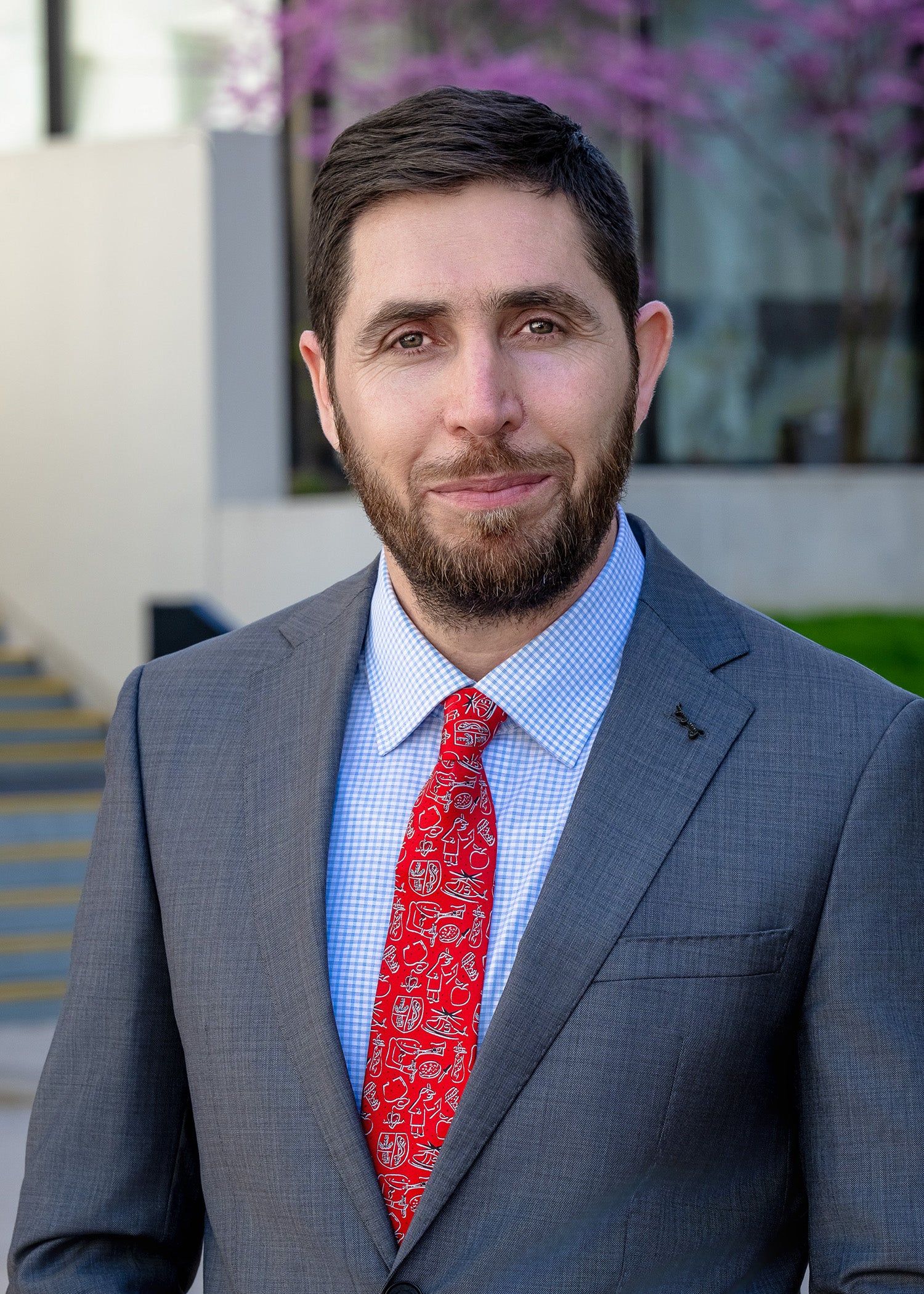Building the Foundations for Cancer Care in Afghanistan: An interview with Dr. Maihan Abdullah, Takemi Fellow 2023–2024

In Afghanistan, before 2016, there were no dedicated programs or institutions focused on cancer prevention and control. Patients often received diagnoses at advanced stages of their illness, leaving them with limited options, such as seeking treatment in Iran or Pakistan for those who could afford it or receiving palliative care.
Maihan Abdullah witnessed this stark reality firsthand during his residency in general surgery in Kabul. Upon returning from the US after completing his master’s degree in Health Promotion and Policy in 2013, he embarked on a mission to advocate for cancer prevention and control. This led to establishing the Afghanistan Cancer Foundation (ACF), through which he mobilized prominent political figures and artists to join the advocacy efforts.
Raising the awareness and advocating for government action around cancer
It took the ACF two years of persistent advocacy to persuade the government to allocate funding and initiate a cancer program. The resistance stemmed from two primary factors. On the one hand, cancer was not recognized as a significant health issue by the authorities due to limited knowledge and data on its prevalence and impact. On the other hand, Afghanistan relies heavily on donor funding, leading the government to align its priorities with donor preferences. In the realm of health, donors mainly prioritize maternal and child health as well as communicable diseases. Despite the ACF’s dedicated efforts, donors refused to provide funding for cancer.
Nevertheless, in 2016, the government, through the Ministry of Finance, allocated funding for establishing the Cancer Diagnosis and Treatment Project under the Ministry of Public Health, along with the country’s first cancer center. The Project was then promoted to the National Cancer Control Program (NCCP) the following year.
Initially, the focus was on cancer treatment, as it was urgent to address the fact that, at that time, it was estimated that approximately 20,000 people developed cancer annually, with mortality ranging from 10,000 to 15,000 individuals each year.
There was also less visible work on the part of ACF and NCCP since knowledge of cancer was limited even among health professionals. According to Maihan, “The NCCP and the ACF were just household names because we did so much work, especially among professionals. Before these organizations, there was nothing about cancer.”
The NCCP [National Cancer Control Program] and the ACF [Afghanistan Cancer Foundation] were just household names because we did so much work, especially among professionals. Before these organizations, there was nothing about cancer.
The First Steps Towards Identifying Risk Factors in Afghanistan
Despite the progress made, Maihan and his team recognized the necessity of gathering data to broaden the program’s scope from treatment to encompass the entire cancer control continuum. The data they collected from Kabulwas utilized for Maihan’s Takemi project, which provided him with the opportunity to focus on research after two years of intense work as the Founder and Executive Director of ACF and four years as the Founding Head of the NCCP.
Maihan’s descriptive epidemiological study revealed the top cancers in Kabul: esophageal, stomach, and breast. His findings diverged from the International Agency for Research on Cancer (IARC) estimations based on data from neighboring countries. IARC’s estimations notably underestimated the prevalence of esophageal cancer while overestimating oral cavity and cervical cancers.
After the fellowship, Maihan continued working on cancer prevention and control, this time delving deeper into the leading cancers and investigating the discrepancies in cancer incidence at regional and provincial levels. His ultimate objective remains reducing the incidence of cancer by designing interventions aimed at reducing exposure to carcinogens and diagnosing cancers at the earliest stages.


